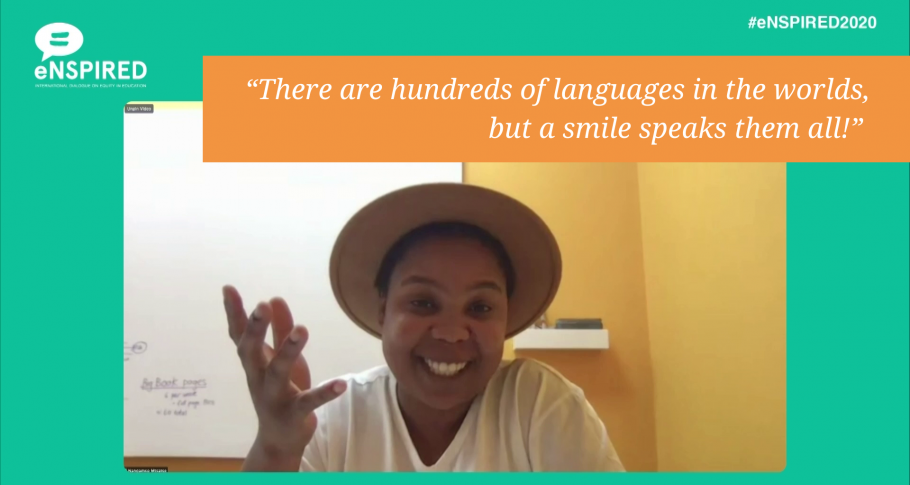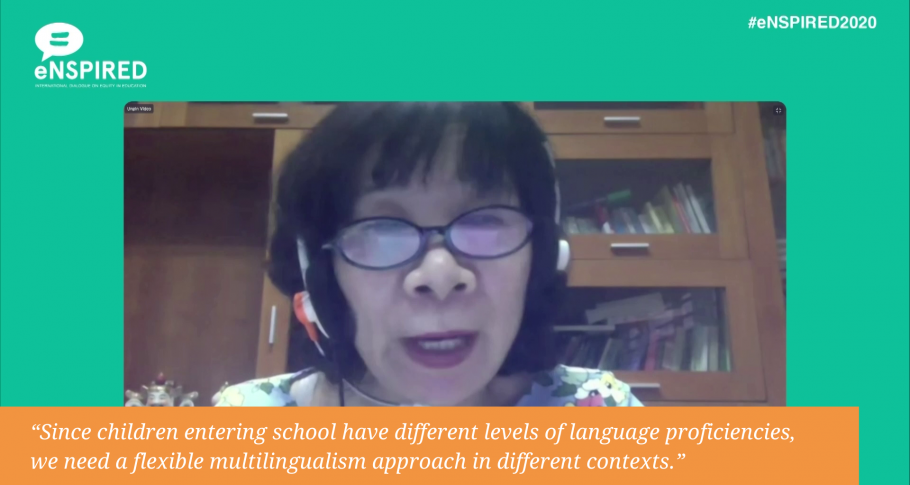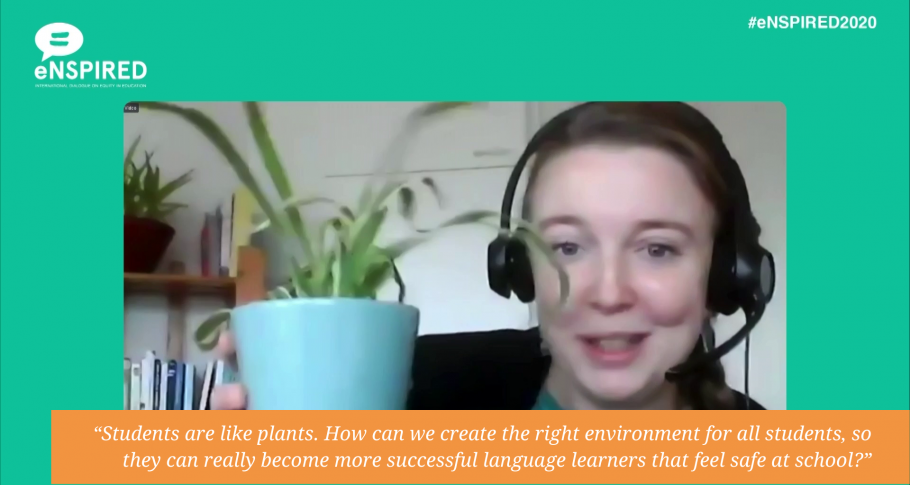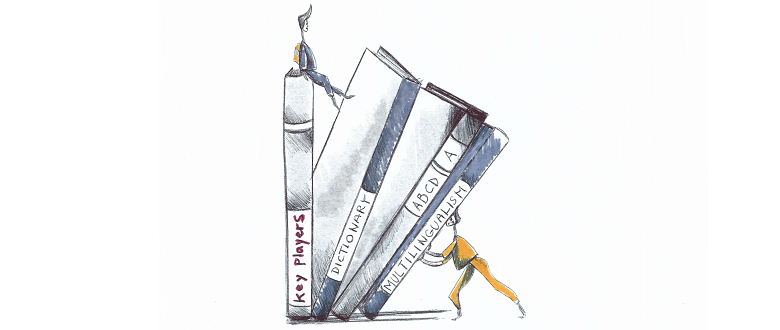
[all illustrations ©Nilu Kuhpour]
Further down, you’ll read where we got this quote from. For now, let’s focus on what it means.
In 2020, our framework for international cooperation is designed by the 2030 Sustainable Development Goals (SDGs). A key characteristic is the awareness and acknowledgement that all countries face similar issues, leaving behind the artificial dichotomy of ‘developed’ and ‘developing’ countries. With this change of perspective comes a whole new way of interacting with one another on a global scale in a respectful, equal and reciprocal way.
It’s been well-documented by social researchers of the Contact Hypothesis that certain conditions such as the pursuit of common goals can facilitate the generation of positive intergroup contact, and even reduce prejudice. Another key condition – there are five in total – is intergroup cooperation.
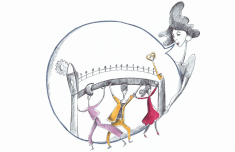
In the case of VVOB, we invest heavily in a common pursuit of quality education (SDG 4) specifically with ministries of education, teachers, school leaders and other education stakeholders within our partner countries. But we’re also avid advocates of inter-country exchanges on SDG 4’s challenges and solutions, in parallel with SDG 17 ‘Partnerships for the goals’, and for working towards quality education for all on a global scale.
Which brings us back to our opening quote.
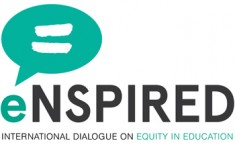
It was part of (anonymous) feedback by a participant of our eNSPIRED learning week. eNSPIRED is VVOB’s programme dedicated to equity in education. It is fuelled by cross-border exchange on education challenges faced by every country in the world: How can we ensure quality education for every learner, no matter their background? How can we support teachers and school leaders in this endeavour? What can policymakers do?
The list goes on.
Every year, VVOB organises an eNSPIRED learning week that revolves around a theme with international expert speakers. 2020 was dedicated to ‘multilingualism’ but highjacked by COVID (what else?), postponing the physical learning week in March to a full online edition in November.
From 17 to 26 November, over 450 pre- and in-service teacher trainers, (student) teachers and school leaders from different parts of the world tuned into eNSPIRED’s first Digital Learning Week for 1,5 hour sessions on multilingualism in education.
This year's eNSPIRED topic: multilingualism
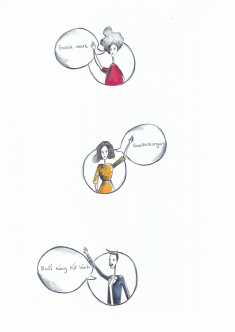
This year’s expert speakers hailed from Belgium, South Africa and Vietnam. These countries are rich with language thanks to their diverse population, but paradoxically score poorly on international assessments for language skills – such as the PIRLS study – in their learners. Reading for meaning especially proves to be a shared challenge.
And yet, we already know that a multilingual approach to SDG 4 may well be (part of) the solution. The real challenges, as formulated by both speakers and participants of the learning week, are:
- How do we equip (student) teachers for this multilingual reality?
- How do we mitigate the shortage of teaching materials in different languages?
And so, the 3 themes of the learning week were born: (i) reading for meaning, (ii) material development and (iii) professional development. Throughout the week, Belgian, South African and Vietnamese experts from renowned organisations including UNICEF, ChildFund, Funda Wande, Oxfam Ibis, VVOB, colleges, universities and governments gave their two cents in short presentations and invited participants to engage in workshops.
You can watch the sessions in full here, but we want to invite you especially to the recording of the opening session below, which includes a keynote from Global Teacher Prize top-10 nominee Anh Phuong Ha, incredible artwork from live illustrator Nilu Kuhpour and a performance by trilingual (English/Dutch/French) spoken word artist Sarah Bekambo.
The Learning Week was packed with many good practices and inspiring ideas. We learnt plenty about overcoming some barriers that are presented by multilingual realities in the classroom.
- Cooperation is key. Everyone has a role to play in creating a safe, meaningful and positive multilingual learning environment: teachers, school leaders, teacher trainers, parents, the school’s community, political leaders…
- Teachers do not need to be multilingual, but they do need to create safe spaces for learners to use their mother tongue to feel confident about their identity, and to get a better grasp on the learning materials.
- We need to acknowledge the equal value of every language, and no longer prefer one (dominant) language over another.
- There is no 1 perfect recipe: multilingualism deserves a flexible approach.
Global education and professional development

Through eNSPIRED, peers from different corners of the world had a forum to interact. This global education approach to professional development is at the heart of VVOB’s eNSPIRED programme, and stimulates participants’ understanding of the differences and realities in various country contexts.
“I learnt plenty, but especially that we share these challenges and that we stand stronger together”, read one participant’s feedback. “Multilingualism is a must”, read another, “and it’s important to learn from each other and adapt.”
eNSPIRED is also about cocreation: let’s reflect, share and grow together, rather than listen to just one expert. When we collaborate, we succeed!





